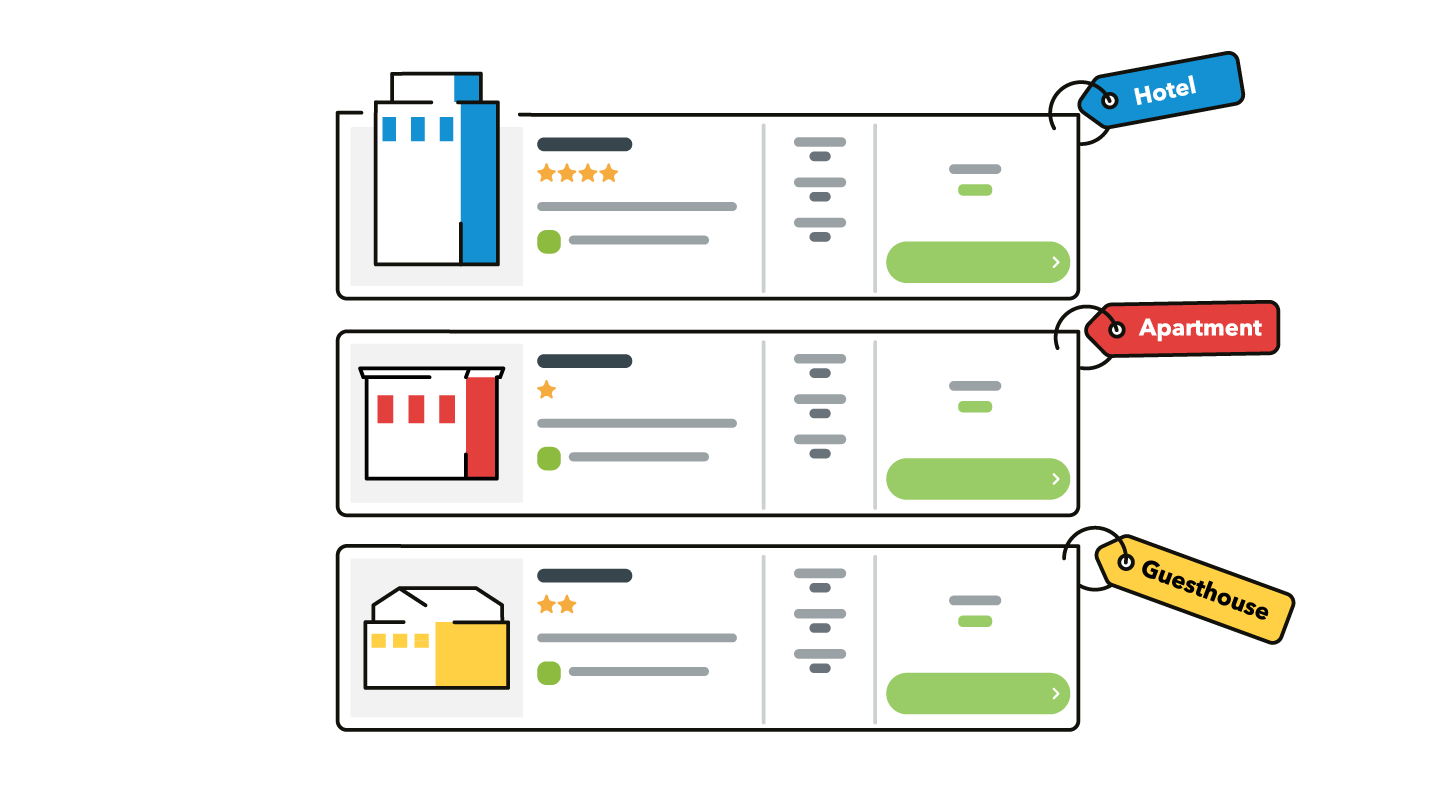Hello, I am a product manager here at trivago. I have worked on different parts of the product such as apps, alternative accommodations, landing pages, and search & flow. We work in cross-functional teams that solve problems within a defined scope. My key responsibilities as a product manager are developing a product vision & strategy, defining objectives & outcomes, driving product discovery efforts such as user research, solution ideation, solution testing, and supporting engineering in product delivery. Overall it is about helping the team to ship the right product.












Follow us on